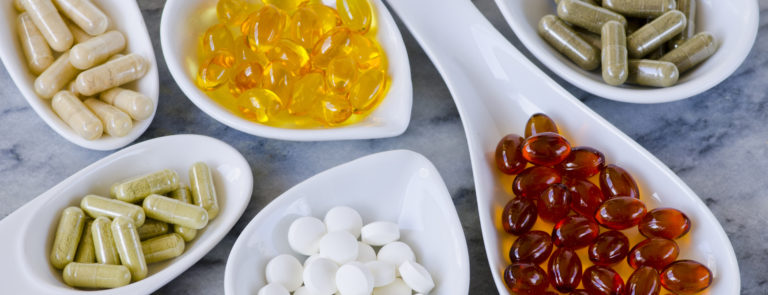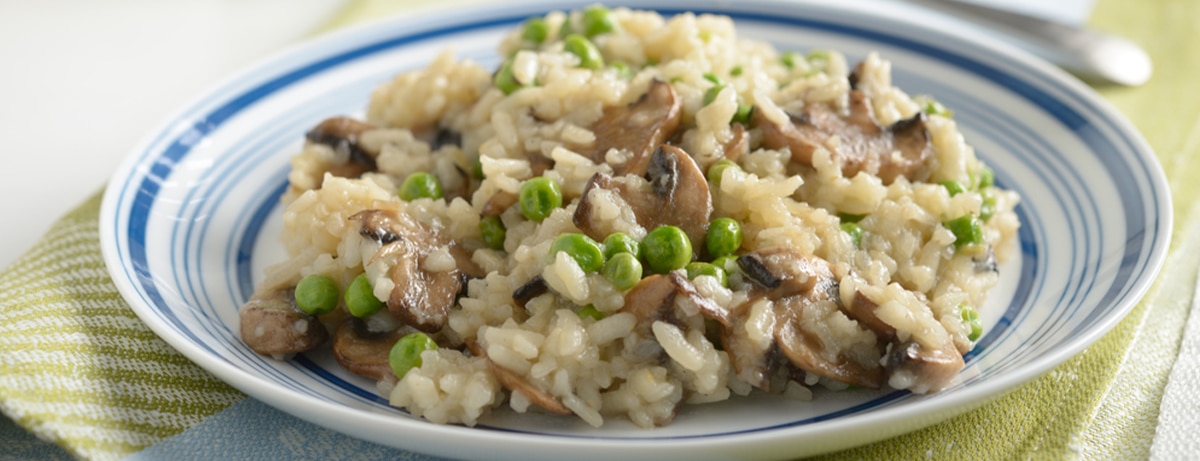15% off £35 OR 20% off £45
Code:FAVES
What is your recommended daily vitamin intake?

It is recommended to take vitamins, but do you know which ones & what intake of vitamins you should be taking? Read our full guide here.
Vitamins and minerals are essential for supporting our body’s development, repairing damaged tissues and ensuring our organs function exactly as they should. From the regulation of hormonal activity to contributing to normal function of the immune system, every vitamin we need has it’s very own – and often very vital – role1.
We can source the vast majority of vitamins from the food we eat, however, it’s crucial that we consume them in all the correct amounts. Unsure what these vitamins are and how much of each you need? Read on…
Which vitamins do I need and in what amounts?
There are dozens of different vitamins and minerals that the body needs in order to function. While you should be able to get enough of all of these in your food, it may sometimes be necessary to take a vitamin supplement. Here we take a look at the recommended daily intake for adults aged 19 to 64 of seven essential vitamins:Vitamin A
This vitamin (sometimes called retinol) helps support your immune system and, contributes to maintenance of normal skin and vision. Recommended daily intake:2- Men – 0.7mg
- Women – 0.6mg
B vitamins
There are numerous B vitamins, some of which support function of the nervous system and contribute to the maintenance of normal red blood cells and energy yielding metabolism3. Each B vitamin has its own recommended intake; however, you’ll find multiple types present in a complex vitamin B supplement. Sources: eggs, dairy, meat, wholegrain cereals, leafy greensVitamin C
Also known as ascorbic acid, vitamin C contributes to normal collagen formation to support normal function of bones, cartilage and blood vessels. Recommended daily intake4:- Men and women – 40mg
Vitamin D
The main roles of vitamin D are contributing to normal absorption and utilisation of calcium and phosphorus in your body, and maintenance of normal bones, teeth and muscle function. Recommended daily intake5:- Men, women and children over one year – 10 micrograms
Vitamin E
This vitamin is key for contributing to the protection of bodily cells from oxidative stress. Recommended daily intake6:- Men – 4mg
- Women – 3mg
Calcium
Calcium is crucial for maintaining your bones and teeth, as well as for blood clotting and contributes to normal muscle function. Recommended daily intake7:- All adults – 700mg
Iron
Iron’s primary purpose is to aid the body in making red blood cells which then carry oxygen around the body. Recommended daily intake8:- Men – 8.7mg
- Women aged 19 to 50 – 14.8mg
- Women over 50 – 8.7mg
Is it bad to have too much of one vitamin?
While going a little bit above the vitamin recommended daily intake isn’t serious in most cases, it’s best to stick to medical advice on doses where possible. Some vitamins, such as vitamin A and iron, can have significant side effects if you take too much, including making your bones more prone to fracturing or giving you diarrhoea and vomiting9. If you’re unsure whether you’re deficient in a certain vitamin, always talk to a medical professional before deciding to take a supplement. Those taking regular medications or women who are pregnant should be cautious about taking vitamin supplements and always consult their GP first.10,11 Shop Vitamins & Supplements Last updated: 29 April 2020 Sources 1 https://www.helpguide.org/harvard/vitamins-and-minerals.htm 2 https://www.nhs.uk/conditions/vitamins-and-minerals/vitamin-a/ 3 https://www.nhs.uk/conditions/vitamins-and-minerals/vitamin-b/ 4 https://www.nhs.uk/conditions/vitamins-and-minerals/vitamin-c/ 5 https://www.nhs.uk/conditions/vitamins-and-minerals/vitamin-d/ 6 https://www.nhs.uk/conditions/vitamins-and-minerals/vitamin-e/ 7 https://www.nhs.uk/conditions/vitamins-and-minerals/calcium/ 8 https://www.nhs.uk/conditions/vitamins-and-minerals/iron/ 9 https://www.nhs.uk/conditions/vitamins-and-minerals/vitamin-a/ 10 https://www.nhs.uk/common-health-questions/food-and-diet/do-i-need-vitamin-supplements/ 11 https://www.nhs.uk/conditions/vitamins-and-minerals/iron/Related Articles
Shop by wellness goal
Sign up for exclusive offers
Plus, get expert advice to support your health & wellness straight to your inbox when you sign up to Holland & Barrett emails.
Read our
privacy policy













